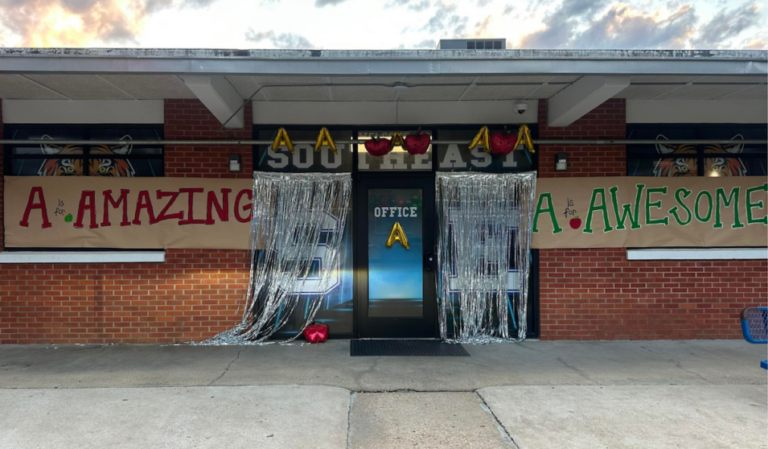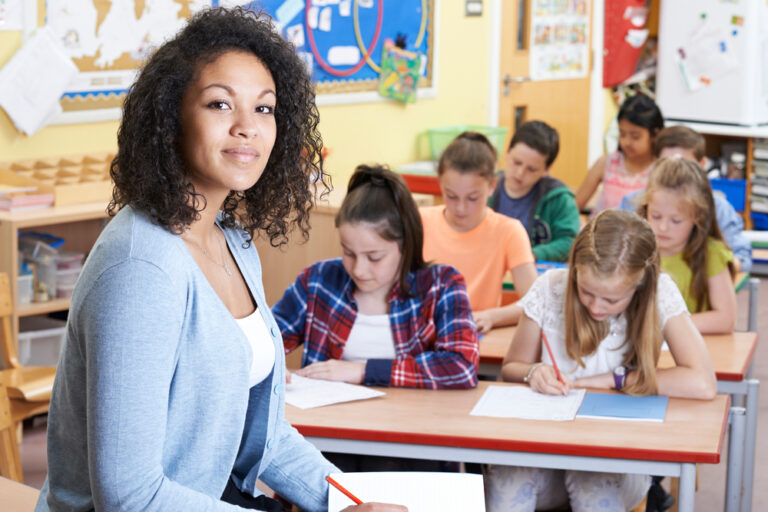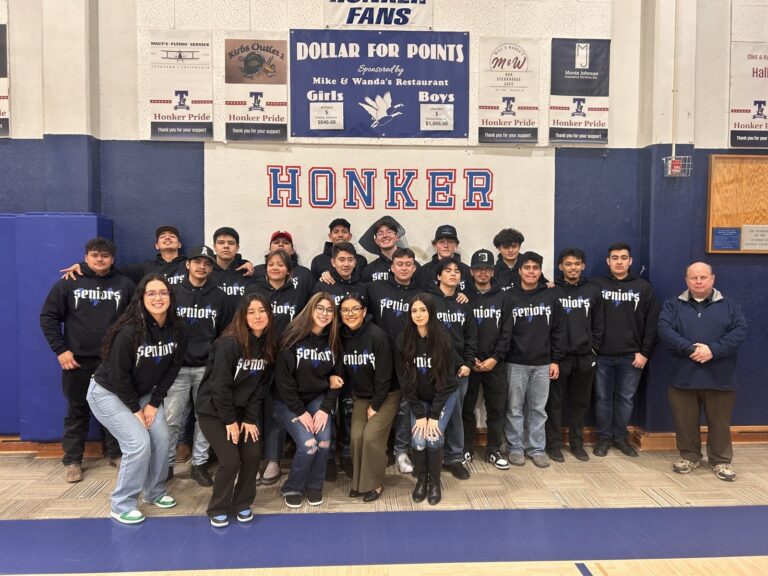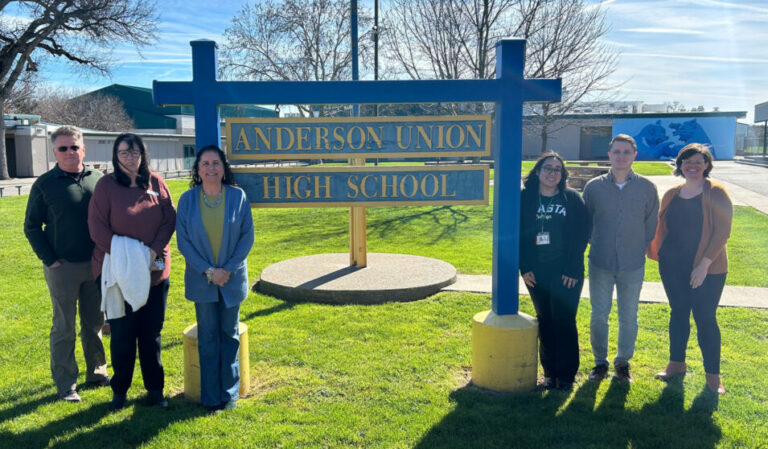Fostering Strong Supportive Relationships in an Environment of Shifting Demographics
It’s Native American Heritage month! As we recognize Indigenous peoples and their enormous contributions to our world throughout the month of November, it’s also a great time to think about the gift of feeling seen and how we extend this gift to all the students we serve.






